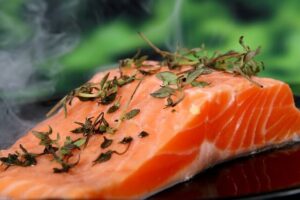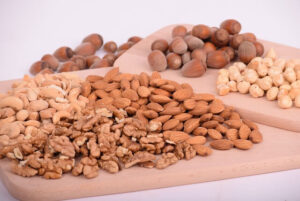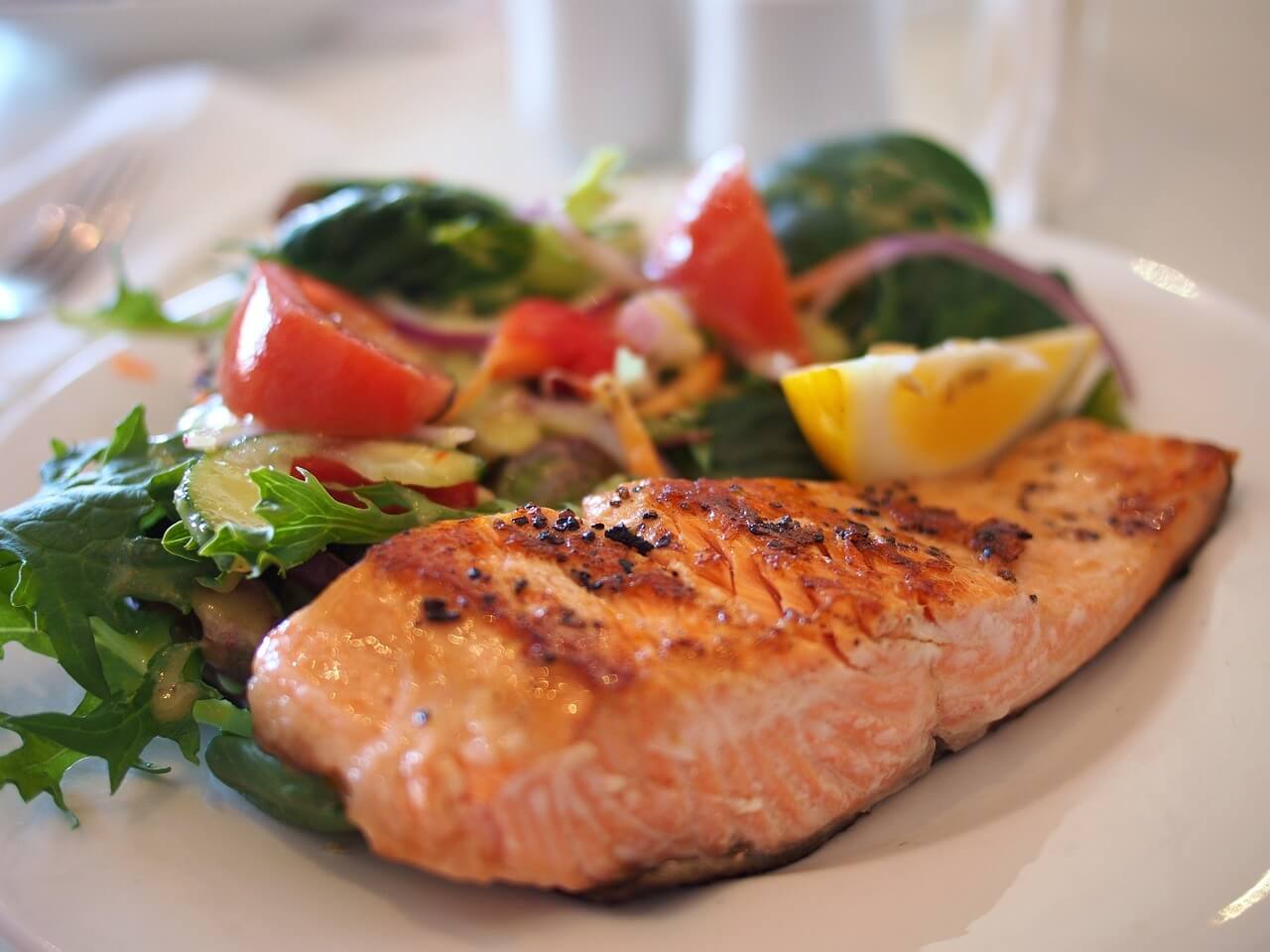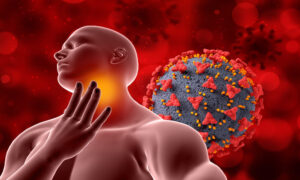The Anti Inflammatory Diet for Cancer Patients
Overview: In the battle against cancer the importance of diet cannot be overstated. The anti-inflammatory diet, which aims to lessen inflammation in the body, is a new and promising strategy in this battle. Several Cancer patients have been related to chronic inflammation in the beginning and progression. People may be able to lower their risk of cancer and strengthen their body’s natural defenses by adopting an anti-inflammatory diet. We will examine the complex relationship between inflammation and cancer, the basic ideas behind an anti-inflammatory diet, and achievable strategies for implementing this strategy in your daily life to prevent and treat cancer in this extensive guide. Inn this article we have explained about the anti inflammatory diet for Cancer and how you can fight.
Understanding the Link Between Inflammation and Cancer
The body’s natural reaction to damage or infection is inflammation. Chronic inflammation can cause a number of health issues, including cancer. Prolonged inflammation causes toxic chemicals to be released into the body, damaging DNA and other cellular components and encouraging the development of cancer cells. People can slow down this process by consuming an anti-inflammatory diet, which will make it harder for cancer cells to grow.
The Essential Elements of an Anti-Inflammatory Diet Plan
- Whole, Plant-Based Foods: A diet high in plant-based nutrients is the foundation of an anti-inflammatory diet. Antioxidants, vitamins, and minerals present in fruits, vegetables, whole grains, legumes, nuts, and seeds help to reduce inflammation and strengthen the immune system.
- Good Fats: Include fats that are good for you, such as those found in avocados, olive oil, and fatty seafood. Omega-3 fatty acids, which have strong anti-inflammatory qualities and promote brain function, are present in these fats.
- Lean Proteins: Choose lean protein sources such beans, fish, chicken, and tofu. Protein is necessary for immune system maintenance and tissue healing.

- plants and Spices: A number of plants and spices, including green tea, ginger, garlic, and turmeric, naturally reduce inflammation. By adding these to your meals, you can increase the anti-inflammatory effects of your diet in addition to adding flavor.
- Hydration: Drinking enough water is essential for good health and can help in the removal of toxins from the body. Select infused water, herbal teas, and water instead of sugar-filled drinks.
- Reducing Processed Foods: Foods heavy in additives, bad fats, and processed carbohydrates can cause inflammation. Reduce the amount of fast food, sugary drinks, and processed snacks you consume.
Tips for Including an Anti-Inflammatory Diet in Your Lifestyle
- Educate Yourself: Get to know the advantages of anti-inflammatory foods. Understanding the justification for food decisions might encourage adherence.
- Meal planning: Include a range of vibrant fruits, vegetables, nutritious grains, and lean proteins in your meal plans. To keep your meals exciting and entertaining, experiment with the recipes.
- Mindful Eating: Pay attention to the hunger and fullness signals your body sends. Avoid overeating and emotional eating to avoid making poor food decisions.
- Consistent Exercise: Combine an anti-inflammatory diet with consistent exercise. Exercise improves circulation, lowers inflammation, and promotes general health.
- Seek Professional Advice: Consult a Registered Dietitian or Nutritionist if you have specific dietary issues or medical conditions. They can design a special anti-inflammatory eating plan for you based on your requirements.
- Maintain Consistency: Any nutritional adjustment requires consistency. Long-term success depends on gradually introducing anti-inflammatory items into your diet and upholding a balanced strategy.
Anti-Inflammatory Foods and the Prevention of Cancer
Following an anti-inflammatory diet can considerably lower your risk of getting certain kinds of cancer. As per research Plant-based meals contain antioxidants that work to neutralize free radicals, thereby preventing mutations and damage to cells. These foods anti-inflammatory qualities prevent cancer cells from growing and spreading, which makes them a crucial component of cancer prevention procedures.
-
Fruits and Vegetables:
Rich in vitamins, minerals, and antioxidants are colorful fruits and vegetables. They include substances with strong anti-inflammatory qualities, such as carotenoids and flavonoids. Particularly healthy foods include leafy greens (like spinach and kale), citrus fruits (like oranges and lemons), cruciferous vegetables (like broccoli and Brussels sprouts), and berries (like blueberries, strawberries, and raspberries).
-
Fatty Fish:
Omega-3 fatty acids, namely EPA (eicosapentaenoic acid) and DHA (docosahexaenoic acid) are abundant in fatty fish, such as salmon, mackerel, sardines, and trout. Strong anti-inflammatory properties of omega-3 fatty acids make them good for heart health, cognitive function, and lowering inflammation levels all across the body.
-
Nuts and Seeds:
A great source of fiber, antioxidants, and healthy fats are almonds, walnuts, chia seeds, and flaxseeds. They include an omega-3 fatty acid called alpha-linolenic acid (ALA), which has anti-inflammatory properties. It offers protein and other nutrients that are essential for good health.

-
Whole Grains:
High in antioxidants and fiber, whole grains include quinoa, brown rice, whole wheat, and oats. It can raise the blood sugar levels more slowly than refined grains because they have a lower glycemic index. Controlling blood sugar levels can aid in the body’s effort to lessen inflammation.
-
Herbs and Spices:
A few herbs and spices have amazing anti-inflammatory qualities. Curcumin, a substance found in turmeric, has potent anti-inflammatory and antioxidant properties. Natural anti-inflammatory components found in ginger, garlic, cinnamon, and green tea are very easily included into a variety of dishes.
-
Olive Oil:
Known for its anti-inflammatory properties, extra virgin olive oil is a mainstay of the Mediterranean diet. It contains oleocanthal, a naturally occurring substance with ibuprofen-like properties. To take advantage of the health advantages of olive oil, use it for light cooking or as a salad dressing.
-
Probiotics:
A healthy gut microbiota is supported by probiotics, which are good for you. A balanced gut microbiota can help lower inflammation. Probiotic-rich foods include kefir, yogurt, sauerkraut, and kimchi.
-
Green Tea:
Rich in catechins, which have potent anti-inflammatory and antioxidant qualities, green tea is a great source of polyphenols. Regular green tea drinking is linked to a lower incidence of inflammation and chronic illnesses.
-
Berries:
Strawberries, blueberries, and raspberries are loaded with antioxidants called flavonoids. These compounds have anti-inflammatory effects by helping to reduce oxidative stress and inflammation in the body.
-
Tomatoes:
Packed with anti-inflammatory and potent antioxidant lycopene, tomatoes are a great source of this nutrient. Lycopene has been associated with a lower risk of heart disease and some forms of cancer.
Adopting an Anti-Inflammatory Diet to Support Cancer Treatment
Inflammation, reduced immunity, and digestive problems are common side effects of cancer treatments like radiation and chemotherapy. By supplying essential nutrients, decreasing inflammation, and promoting the body’s healing process, an anti-inflammatory diet can help control these negative effects. A healthy body is more capable to handle the rigors of cancer treatment.
Conclusion
An anti-inflammatory diet shows very effective in both preventing and treating the Cancer. We have the ability to influence our internal environment to prevent the growth of cancer and promote general health by being careful about the foods we eat. Cancer-resistant lifestyle is not guaranteed but Adopting an anti-inflammatory diet is a proactive and empowering step in that direction. The anti-inflammatory diet is not just a choice; it is a positive commitment to wellbeing and vitality. Keep in mind that every meal is an opportunity to provide your body with the nutrition it needs to thrive.
Read about: Cancer fighting superfoods


